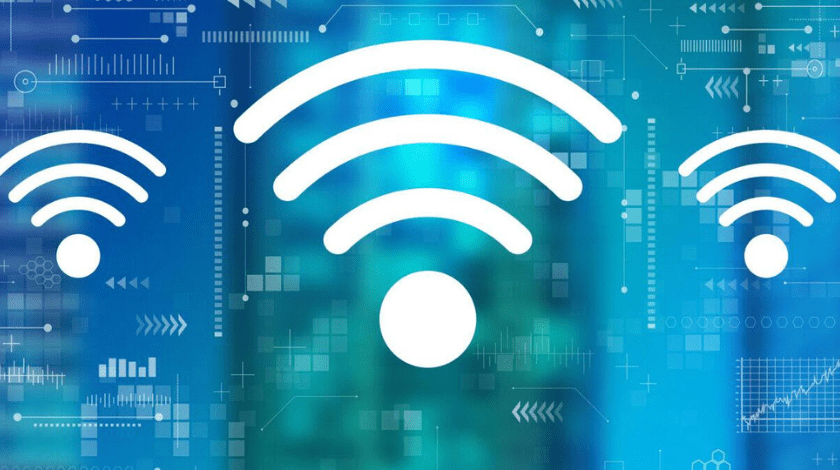News and Announcements
A New Report Explores Challenges and Solutions to Universal Broadband Access in California
Published Date
- May 1, 2023

Income inequality, natural disasters, and private service providers are all barriers to universal broadband access in California. A recent report from the Public Policy Institute of California analyzes the first year of SB 156—the state’s $6 billion investment in closing the digital divide
While most Californians have access to broadband, at least two million households (15%) still do not—a gap known as the digital divide. During the COVID-19 pandemic, internet access became essential for work, education, and healthcare, further highlighting this issue. To address this problem, California enacted Senate Bill (SB) 156 in 2021, which allocated $6 billion towards expanding broadband infrastructure, improving affordability, and promoting digital literacy.
Supported by funding from the Michelson 20MM Foundation and Silicon Valley Community Foundation, the Public Policy Institute of California (PPIC) recently released a report called “Achieving Universal Broadband in California” that evaluates SB 156 and its first year of implementation. The report draws on statewide broadband data and interviews with community partners and finds that income levels, policy decisions, digital literacy, geography, and extreme weather events are all factors affecting broadband access.
The PPIC’s recommendations for improving broadband access in the state include implementing effective broadband mapping and building resilient infrastructure. Read the PPIC report now.
Michelson 20MM is a private, nonprofit foundation seeking to accelerate progress towards a more just world through grantmaking, operating programs, and impact investing. Co-chaired and funded by Alya and Gary Michelson, Michelson 20MM is part of the Michelson Philanthropies network of foundations.
To sign up for our newsletter, click here.